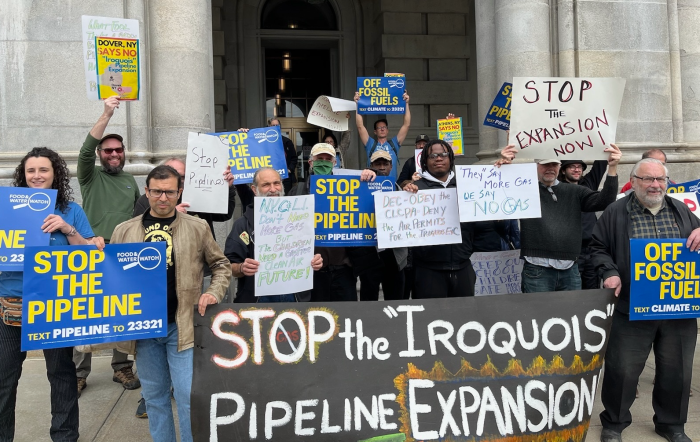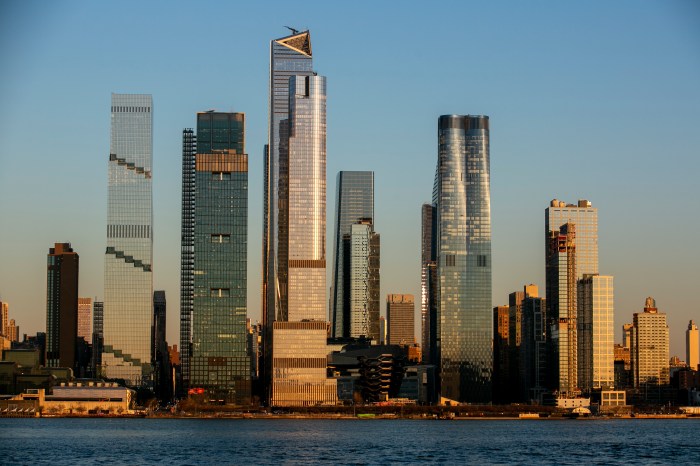The Netherlands Antilles which includes such well-known commercial tax-free Caribbean shopping ports as St. Maarten and Curacao, will be dissolved on Sunday, Oct. 10, following the signing of new country status agreements with The Netherlands this month.
Several new entities will come into play, with Curacao and St. Maarten becoming separate countries, while Bonaire, St. Eustatius and Saba will become what the Dutch are referring to as “public entities” or municipalities of The Netherlands, with even more direct control of day-to-day life than is currently the case.
The two bigger islands just off the coast of Venezuela, will also have their own parliaments, councils of ministries and other key state agencies, as the Dutch de-link direct control of daily activities there.
Aruba, the third largest island, for more than 20 years has operated with country status and will not be affected by the new changes that come into effect on the symbolic 10-10-10, a day that local newspapers say “signals the end of a country known as the Netherlands Antilles.”
While some say that “our country” will be broken up as they know it from next month, “it does not take away the fact that the historic, cultural, family, friendship, business and even governmental ties between the islands, including Aruba, are so strong that no constitutional restructuring can change them. In this regard October 10 will be just like any other day,” said a recent editorial in the Daily Herald newspaper.
But for veteran politician like Sarah Wescot-Williams, leader of the Democratic Party, who with other island dignitaries participated in the talks for several years, October 10 should breathe new life into the islands as was the case with English-speaking neighbors after independence from Britain after the 1960s.
“We have undone ourselves of the classification of island territory,” she said.
“We are not a marked territory belonging to a bigger unit any longer.
“We are willing partners in a political constellation called the Dutch Kingdom,” she added after the delegation deplaned from talks in Holland last week
Wescot-Williams called it a “feat,” contending that delegations stood their ground to the Dutch.
“We did not know where it would end when we started, but we knew we would not give up, could not give up. No one ever said it would be easy, but no one really knew the resilience of the St. Maarten people and those called to lead them,” she said at an airport welcoming ceremony.
Wescot-Williams and other delegation members argued that islanders and leaders now have to accustom themselves to the fact that they are basically on their own and “the future of our nation will fall or stand with the foundation we provide, with the way we lead our country, the examples we set for our youth and the images we portray to the world around us.”
“After 10 years of hard work, incessant travels, feats and defeats, delegation members from St. Maarten need to mentally adjust themselves, now that this process is over,” she said





















